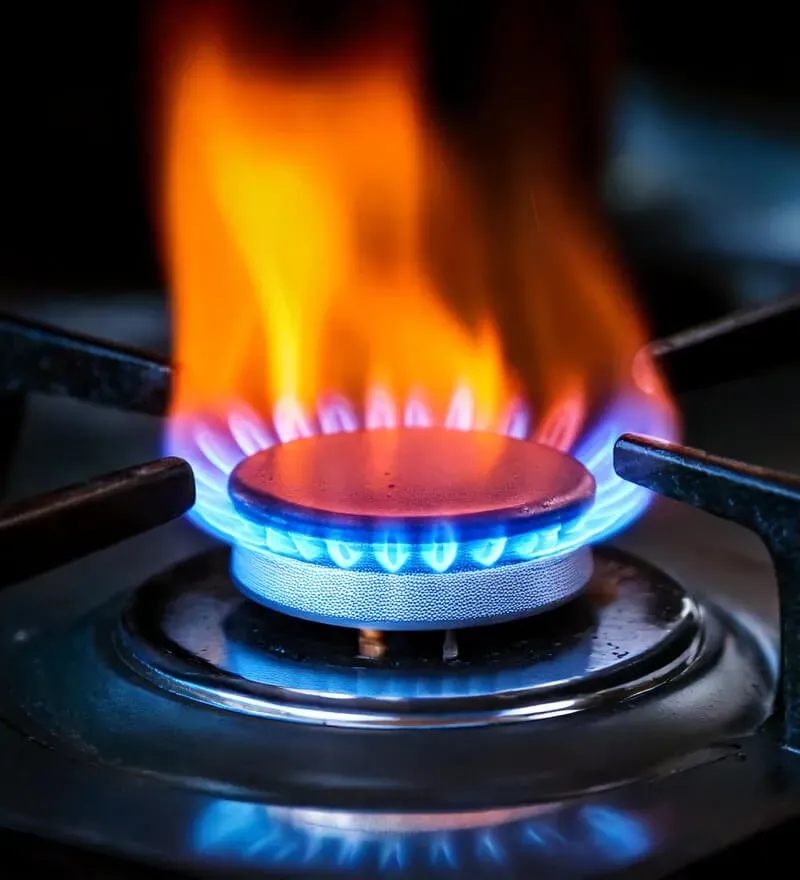Basic safety rules for LPG cylinders
Always
- Ensure work on fixed LPG installations whether new or being modified is carried out by a licensed or authorised gas fitter
- Keep LPG appliances and fittings in first class condition via regular servicing, checking regularly for deterioration in performance, signs of corrosion and minor leaks
- Use equipment and parts specifically manufactured and approved for LPG. Look for the endorsement badge on every appliance
- With any LPG appliance or burner that fails to ignite immediately, turn off the gas supply and ventilate for at least three minutes to allow any gas to disperse before attempting to reignite
- Ensure there is adequate ventilation when using LPG appliances (especially unflued appliances) to allow fresh air for consumption and removal of burnt gases
Never
- Tamper with the safety valve or other cylinder fittings
- Use undue force to open or close the main cylinder valve. If in doubt, consult a licensed gasfitter
Care of LPG cylinders and fittings
- Every cylinder must be inspected by an authorised LPG test station at least once every 10 years. The last inspection date should be clearly stamped on the cylinder collar, neck or footing
- If any leakage is detected or suspected from a cylinder, turn it off immediately and REFER TO EMERGENCY PROCEDURES
- LPG cylinders (except specially designed forklift and automotive cylinders) must always be stored and transported in an upright position. This ensures the safety valve is not immersed in the liquid and is located in the vapour space as required by its design approvals
- Cylinders should be stored in a well-ventilated space and away from possible sources of ignition, excess heat or other compressed gases
- Always secure cylinders during transport, remove any hose, hose fittings and regulators and attach a sealing plug whenever the appliance is not connected
- Shut off cylinder valve before disconnecting from appliance and ensure appliances are turned off before connecting new cylinder
Use and care of LPG appliances
- Installation and maintenance of LP Gas appliances must only be carried out by licensed or authorised LPG installers or service companies.
- The installer is responsible to ensure that new or replacement appliances are connected, tested, adjusted and in safe working order. Appliance operating instructions should be handed to the consumer and explained by the installer.
- LPG appliances must not be connected to other gas supply systems, such as natural gas.
- Adequate ventilation must be provided to allow air for satisfactory combustion and ensure ample dispersal of the burnt gases. This is particularly important for unflued appliances.
- Installations in caravans, recreational vehicles and boats must comply with the installation code applicable to fixed appliances. Cylinder compartments must be sealed from the interior of vehicles/boats and vented to the outside. Cylinder valves must be closed when a caravan is in transit. Never use any gas appliance, including a refrigerator, in a moving vehicle.
- Turn off every LPG appliance in caravans/boats before refuelling.
- Do not use unflued LPG appliances under any circumstances in bedrooms, bathrooms or sleeping annexes.
